
Yohanca Delgado 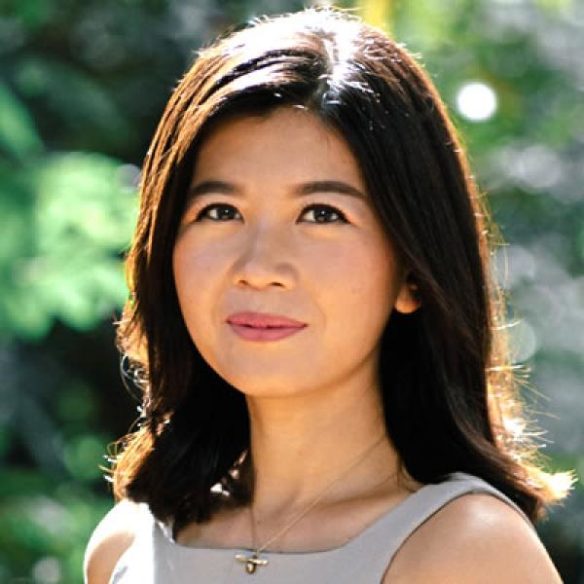
Rachel Heng 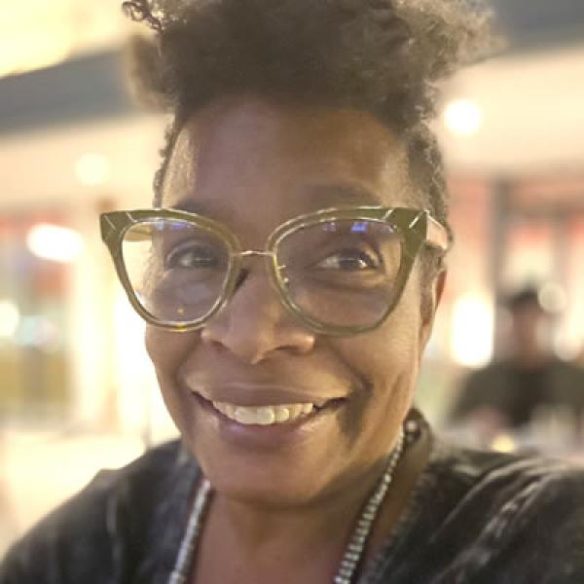
Nalo Hopkinson 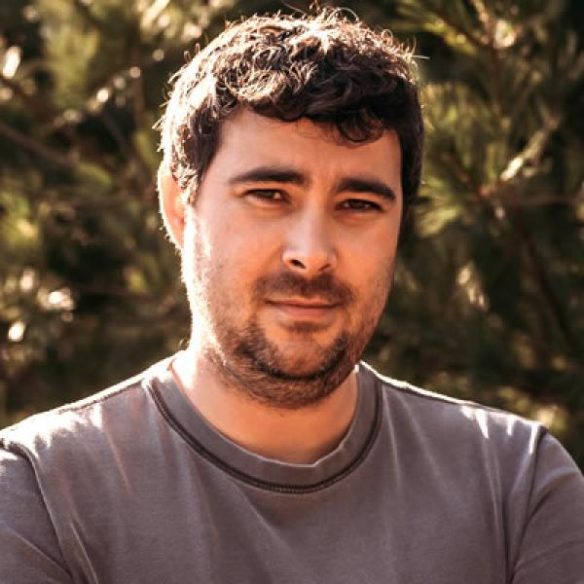
Morgan Talty 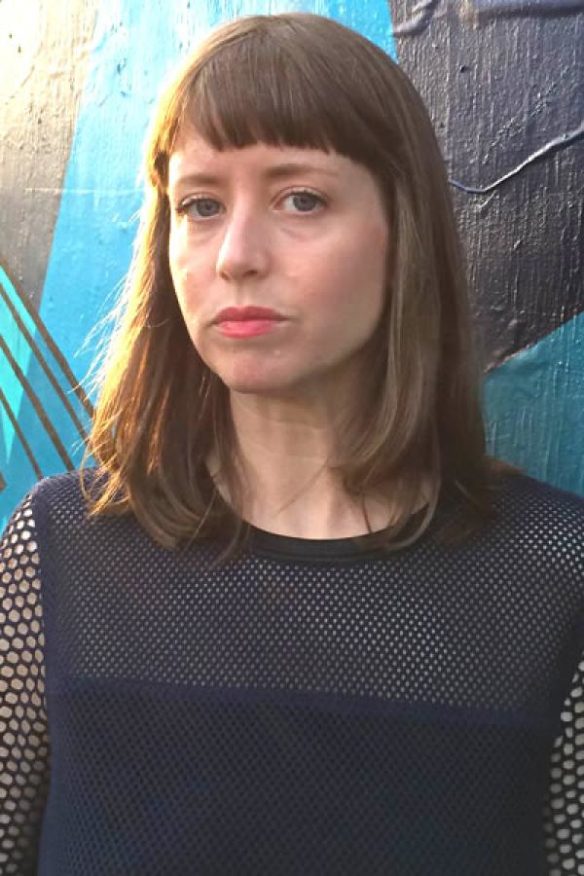
Laura van den Berg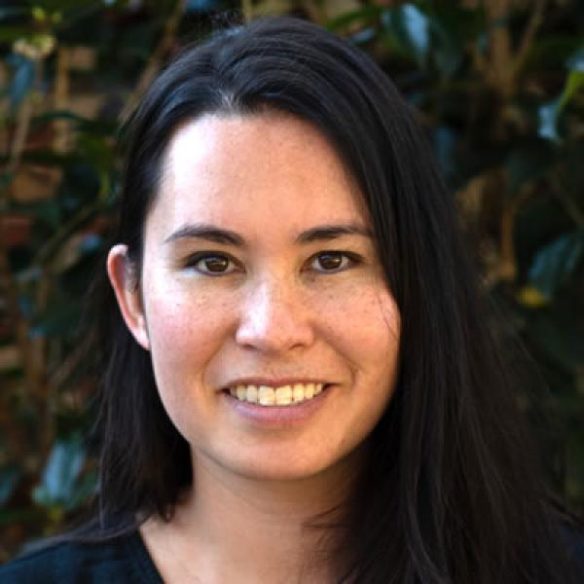
Yvonne Woon
The National Endowment for the Arts today announced the 35 recipients of their 2022 Creative Writing Fellowships. Among them are several writers of genre interest:
Yohanca Delgado – She had two stories picked for The Best American Science Fiction and Fantasy 2021, “The Rat” and “Our Language,” and also has written for Nightmare Magazine.
Rachel Heng – Her novel Suicide Club tells about a trader on the New York exchange—where instead of stocks, human organs are now bought and sold. With the right balance of HealthTech™, rigorous juicing, and low-impact exercise, she might never die. But Lea’s perfect life is turned upside down when she spots her estranged father on a crowded sidewalk. His return marks the beginning of her downfall as she is drawn into his mysterious world of the Suicide Club, a network of powerful individuals and rebels who reject society’s pursuit of immortality.
Nalo Hopkinson – In 2021 honored by the Science Fiction Writers of America with the Damon Knight Memorial Grand Master Award, making her the first woman recipient of African descent. She is also a recipient of the John W. Campbell Award, the World Fantasy Award, and the Sunburst Award.
Morgan Talty — His forthcoming story collection Night of the Living Rez includes at least one story of genre interest, in which a boy unearths a jar that holds an old curse, which sets into motion his family’s unraveling.
Laura van den Berg – Her novel The Third Hotel involves the apparent return of the dead, blurring the distinction between reality and fantasy.
Yvonne Woon — The author of the Dead Beautiful paranormal mystery series.
Nalo Hopkinson’s comment on receiving the fellowship is:
As a genre, speculative fiction challenges the preconceptions we’ve internalized about what is known, what is possible, whose experiences are important. From the most frivolous story to the most rigorous, it does so by stepping outside the borders of reality to imagine alternate ways of being. As such, it can be an extremely important mode of fiction for audiences, authors, and communities that experience institutionalized oppression. It’s certainly been the genre that allowed me to find my voice, my courage as a queer, Black woman writer living with the legacy of colonization. It’s given me new paradigms in a world that sorely needs them, and the conceptual tools with which to consider them. Reading and writing in this mode has brought me so much joy, hope, wonder, intellectual engagement, and artistic delight. It is my privilege when I can bring readers any of those gifts. Yet for all its revolutionary potential, speculative fiction—science fiction, fantasy, horror, etc.—are frequently misunderstood and held in contempt by the larger literary community. There are grants and publishing venues which explicitly exclude genre fiction at the outset, and creative writing departments which refuse to let their students write it. So receiving this recognition from the National Endowment for the Arts is for me a much appreciated acknowledgement that the value of my genre and my work can be perceived on a larger artistic stage. It’s something I’ve always believed, but this fellowship tells me that I may be contributing in a small way to making some room at the table. I’m eager to share the new work the fellowship will enable.
The fellowships are worth $25,000, and there were more than 2,000 applicants this year. The fellowships allow recipients to set aside time for writing, research, travel, and career development. The winners are selected through an anonymous process and are judged on the basis of artistic excellence of the work sample they provided.
